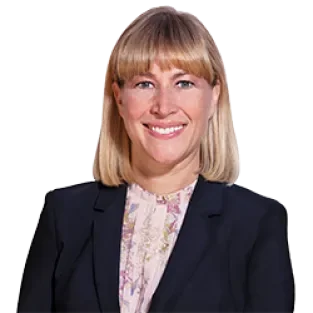ASAP
Oregon Bureau of Labor and Industries Issues Temporary Rules under the Oregon Family Leave Act for School or Child Care Provider Closures
In September 2020, the Oregon Bureau of Labor and Industries (BOLI) made permanent a previously-issued temporary rule expanding the Oregon Family Leave Act (OFLA) to include the need to care for a child whose school or child care provider has closed as a result of a statewide public health emergency declared by a public health official as a qualifying reason for leave.
In response to public comments received during the permanent rulemaking process, BOLI released a temporary administrative order in effect from September 14, 2020 until March 12, 2021, clarifying the following:
- A definition of child care provider;
- A definition of closure;
- Use of intermittent leave;
- A method for verifying the need for leave.
Child Care Provider
The temporary order defines child care provider as a place of care or person who cares for a child.
- Place of care means a physical location in which care is provided for a child, including but not limited to day care facilities, preschools, before and after school programs, schools, homes, summer camps, summer enrichment programs, and respite care programs. The physical location does not have to be solely dedicated to such care.
- Person who cares for a child is construed broadly to include “nannies, au pairs, and babysitters” who are paid to provide care, as well as individuals who are not paid and do not have a license but provide care on a regular basis, like “grandparents, aunts, uncles, or neighbors.”
Closure
Closure for the purpose of sick child leave during a statewide public health emergency declared by a public health official means a closure that is ongoing, intermittent, or recurring and restricts physical access to the child’s school or child care provider. In its media release, BOLI noted that this includes “schools that have transitioned to distance learning or a hybrid online and in-person model.”
Intermittent Leave
BOLI recognized that intermittent closures and hybrid models require a recurring pattern of school and child care closures. Accordingly, the temporary order clarifies that sick child leave taken during a statewide public health emergency declared by a public health official may be taken intermittently, requiring an altered or reduced work schedule due to the intermittent or recurring closure of a child’s school or child care provider.
Verification of School or Child Care Closure
In its rationale for the temporary rules, BOLI acknowledged that seeking medical verification from a health care provider for sick child leave for a school or child care closure does not make sense, which necessitated a method for some other type of verification. The new rules permit an employer to request verification that includes:
- The name of the child being cared for;
- The name of the school or child care provider that has closed or become unavailable;
- A statement from the employee that no other family member is willing and able to care for the child; and
- For a child over age 14, a statement that special circumstances exist requiring the employee to provide care for the child during daylight hours.
Notably, the regulations do not require that the verification come from the school or child care provider, do not include a time period for the closure, and do not provide a method to inquire as to the nature of any special circumstances. In addition, the regulations are silent as to how frequently an employer may request a verification for a child’s school or child care closure if there are changes to their operations.
Employers should consult counsel for further guidance on compliance with the Order or other questions related to OFLA, COVID-related leave, or school closure accommodations.

